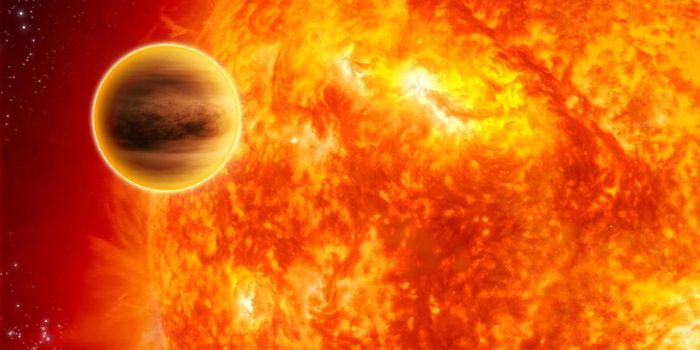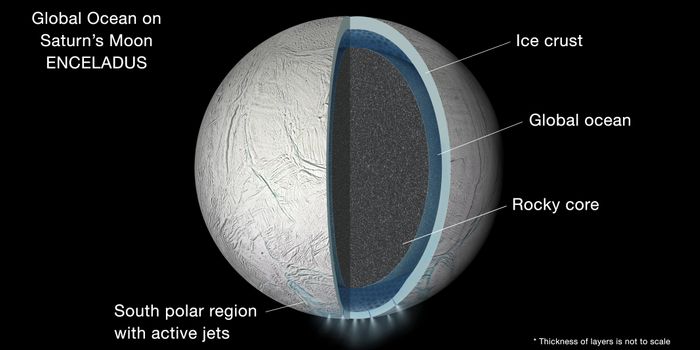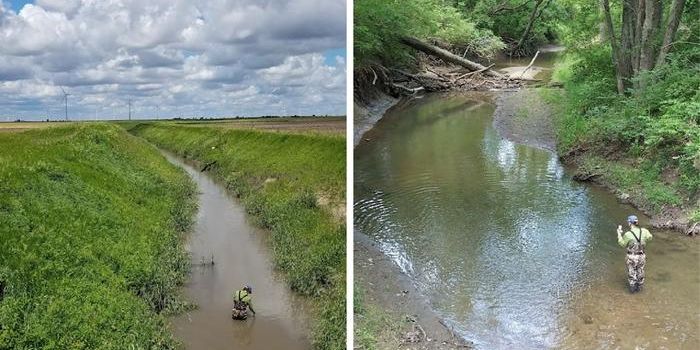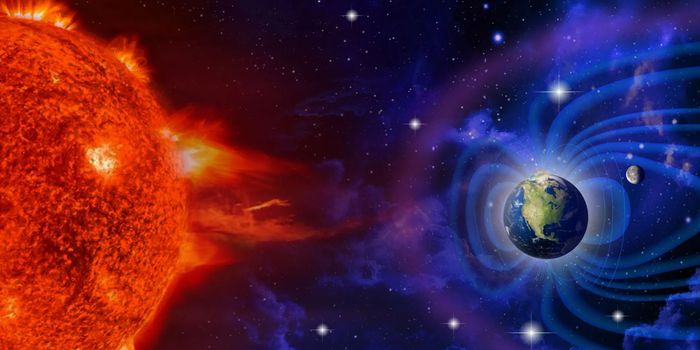Armed conflict made worse by climate change
New research is putting numbers to a phenomenon that the world has already come to know well in the last decades: the exacerbation of armed conflict due to climate change. According to the study, which was published recently in the journal Nature, climate has influenced between 3% and 20% of armed conflict risk over the last century – and that number is only going to keep growing.
"Appreciating the role of climate change and its security impacts is important not only for understanding the social costs of our continuing heat-trapping emissions, but for prioritizing responses, which could include aid and cooperation," said lead author Katharine Mach, director of the Stanford Environment Assessment Facility.
Co-author Marshall Burke added, "Knowing whether environmental or climatic changes are important for explaining conflict has implications for what we can do to reduce the likelihood of future conflict, as well as for how to make well-informed decisions about how aggressively we should mitigate future climate change.”
The risk of violence greatly increases under many of the conditions that are driven by climate change, such as economic instability due to natural disasters, drought, and fire which affect agriculture, livestock, and people’s livelihoods. Intensified inequality among social groups also increases risk of violence, according to Science Daily.
The study was authored by experts in political science, environmental science, and economics, among other fields, in order to consider the most interdisciplinary approach to understanding climate’s influence on armed violence and conflict. The study determined that if we continue on the path that we’re on towards 4 degrees Celsius of warming, climate’s influence on conflicts would grow fivefold, reaching a 26% chance of a substantial increase in conflict risk due to climate.
"Historically, levels of armed conflict over time have been heavily influenced by shocks to, and changes in, international relations among states and in their domestic political systems," said co-author James Fearon, professor of political science. "It is quite likely that over this century, unprecedented climate change is going to have significant impacts on both, but it is extremely hard to anticipate whether the political changes related to climate change will have big effects on armed conflict in turn. So, I think putting nontrivial weight on significant climate effects on conflict is reasonable."
The authors of the study hope that their research will help motivate countries to plan ahead with better adaptation strategies, like crop insurance, post-harvest storage, and training services. "Understanding the multifaceted ways that climate may interact with known drivers of conflict is really critical for putting investments in the right place," Mach said.
Sources: Science Daily, Nature









